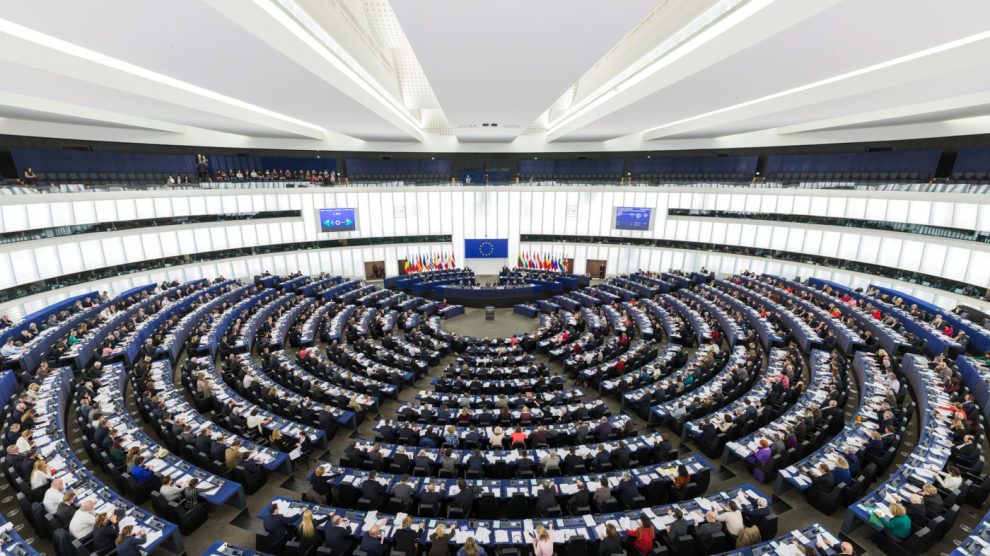Italy’s governing coalition supports ASAP in Europe. Last week, the European Parliament approved the “Act in Support of Ammunition Production” aimed at boosting the bloc’s defence industries and ensuring it may continue supporting Ukraine. And all parties of the Italian government coalition voted in favour, despite belonging to different EP groups.
- Centrist parties Italia Viva and Azione (members of the centrist Renew Europe group) also voted to support the measure.
- Instead, the Democratic Party (the biggest opposition force, affiliated with the Socialists and Democrats) split over the vote, while the Five Star Movement and the Greens voted against it.
The League’s bellyaches. The party’s MEPs were the only members of the Identity and Democracy group to vote in favour of the measure – alongside governing partners Forza Italia (European People’s Party) and Brothers of Italy (European Conservatives and Reformists) – despite ID’s traditional brand of populism and Euroscepticism.
- Seeking to reposition itself, the League is now taking more institutional positions on both the Italian and European levels, including on supporting Ukraine, in stark contrast with its ID associates.
- That includes the ASAP vote, where ID’s other members (such as Marine Le Pen’s National Front and Alternative for Germany) either abstained or voted against.
Reshaping the right. In March, Forza Italia leader Silvio Berlusconi envisaged the possibility of creating a new European centre-right coalition comprising Liberals (Renew Europe), Populars (EPP), and Conservatives (ECR). But all those groups tend to reject ID’s more hardline positions.
- In recent weeks, prominent members of the League expressed the possibility of leaving the ID group and getting closer to the EPP – although the League’s leader Matteo Salvini denied it would leave ID to join the EPP.
- Similarly, it’s unlikely League MEPs would join the ECR group as they seek to mark their differences with Prime Minister Giorgia Meloni’s Brothers of Italy.
- However, Mr Salvini told Il T that he intends to “continue working for an agreement between all centre-right parties in Brussels, with the aim of making certain battles even more incisive.”
Towards an “ASAP” coalition? Based on national and EU-wide trends, the next European elections (scheduled for June 2024) may lead to a change in the power relations within the European Parliament, owing to a likely rise of right-wing parties.
- In Italy and elsewhere in the EU (such as Bulgaria, Finland and Greece), where right-wing parties increased their voters share, European seats would be strongly redistributed in their favour.
- Going by voter sentiment, other major EU countries such as France, Germany and Spain might send more right-wing MEPs to the EP.
- In a situation like this, forming an EPP-led centre-right majority featuring ECR, Renew and possibly the League – reflecting their positioning on the ASAP vote – would become much more likely.





